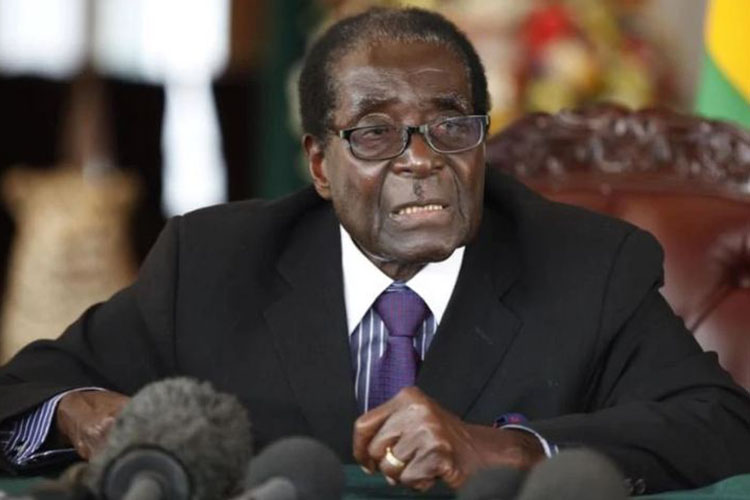
The ManicaPost

Kudzanai Gerede Business Correspondent
There is renewed optimism in the country’s economic prospects following the resignation of President Robert Mugabe on Tuesday, with analysts confident that the new dispensation will usher in a positive market outlook for investment going forward, Post Business can reveal.
Zimbabwe is in dire need of foreign direct investment to steamroll its economic strategies but has seen external capital figures dwindling over the years owing to inconsistent and investor-repellant policies under the stewardship of President Mugabe.
The economy is grappling with acute cash shortages, while banks are reeling from liquidity constraints resulting from successive fiscal deficits.
Speaking to Post Business, economic analyst Kipson Gundani said the major conundrum at the core of the economy’s poor performance has been the country’s negative perception index externally that has starved the economy of much needed capital injection to stimulate key sectors. This has been emanating from lack of confidence in the country’s leadership.
“This economy has been suffering from a fundamental deficit of confidence emanating from inconsistent and repulsive economic policies. The resignation presents a perfect opportunity to restore this confidence.
“There is renewed sense of hope in business in general. We have walked a tumultuous road and what is most important is what we have learnt from the economic stagnation that took place. But more importantly will be the first statement of intent by the incoming President that will determine where this economy will go,” he said.
Country perception became more prominent last Tuesday following the Zimbabwe National Army intervention leading to a political stalemate that saw the Zimbabwe Stock Exchange succumb to its biggest fall since October last year, losing US$2.7 billion as investors reacted to the political situation during the course of the week.
Market capitalisation declined by 18.34 percent from US$ 15.12 billion previous week to US$ 12.35 billion.
“In a way it suggests that maybe the previous dispensation had become an impediment to economic as well as social progress. It therefore follows that the new situation is largely viewed as good for the economy. Stock markets are fundamentally a reflection of how market participants see the future. Before this week the future looked inflationary with continued and accelerating devaluation of bond notes. After military intervention the future looks positive and this is reflected in the share prices which have been declining as the market self-corrects in line with anticipated economic stability,” said financial markets expert Ranga Makwata.
According to the latest National Economic Competitive Forum (NECF) 2017 Report, the country remains highly uncompetitive with investment attractiveness and perception indices discouraging investment.
Analysts have also called for realignment and consistence of the country’s economic policies. Last year President Mugabe clarified the Indigenisation law but more than 12 months later the policy has not been amended in line with the clarified components, an anomaly that has caused policy distortion.
“If incoming President pursues a developmental path we could experience an influx of investment and see the bond notes trade at par with the US dollar.
“Should this happen the economy is posed for positivity, new industries opened and existing ones consolidated,” economic analyst Pepukai Chivore said



